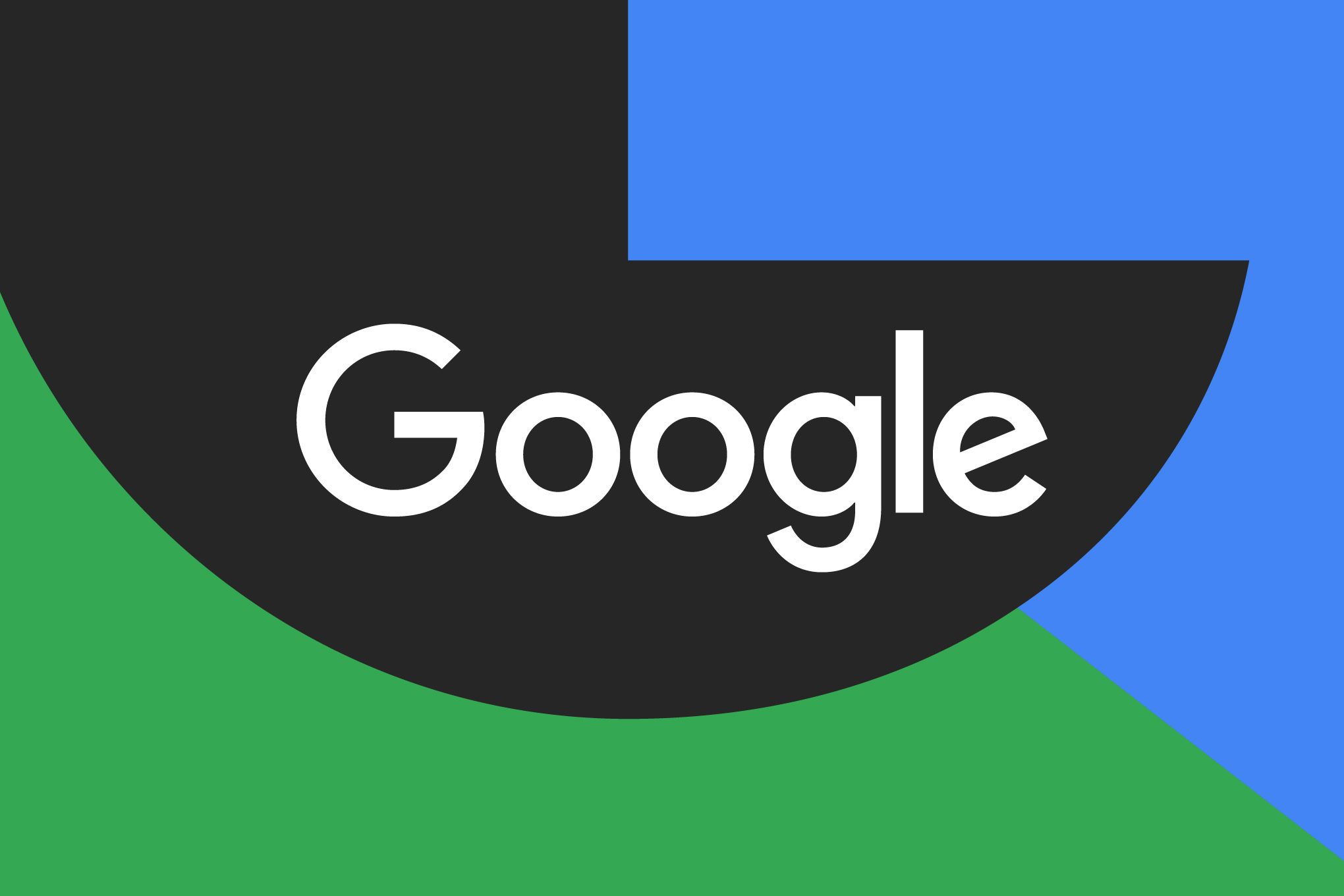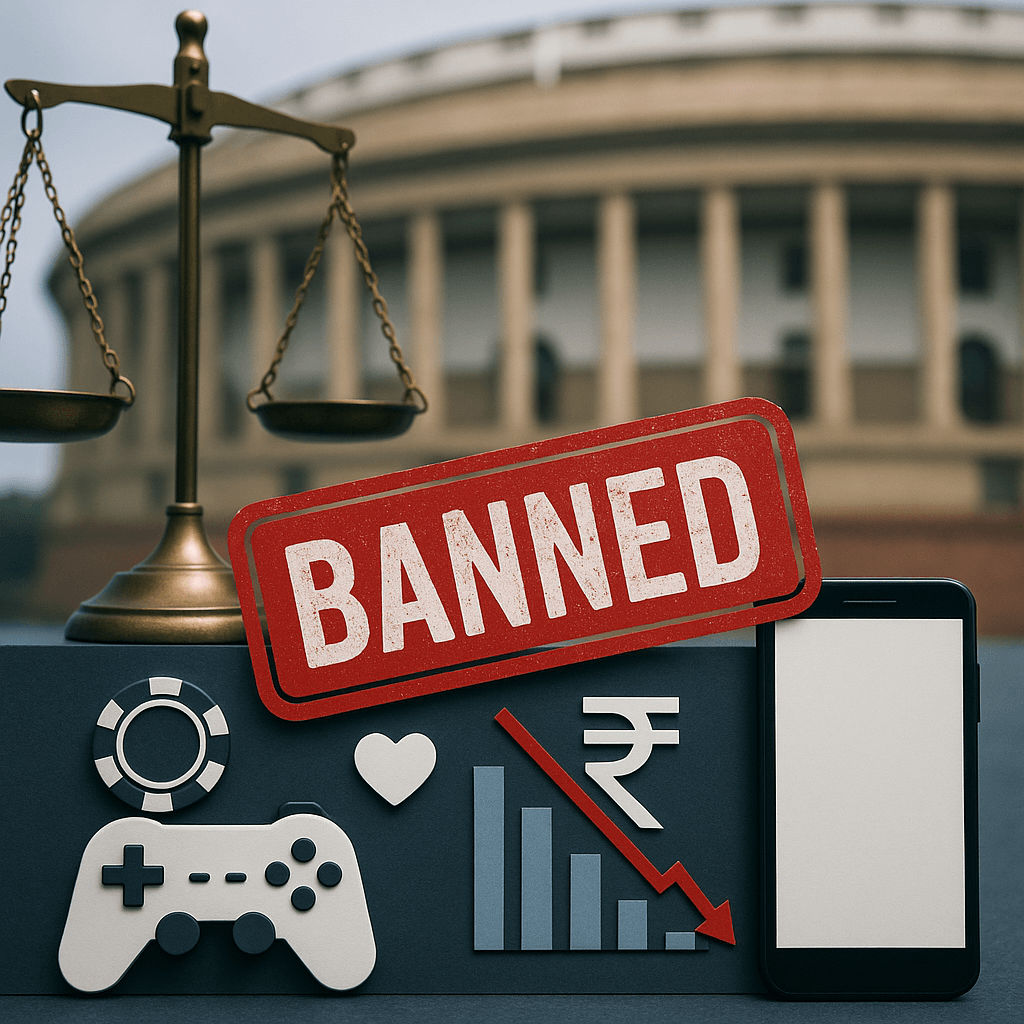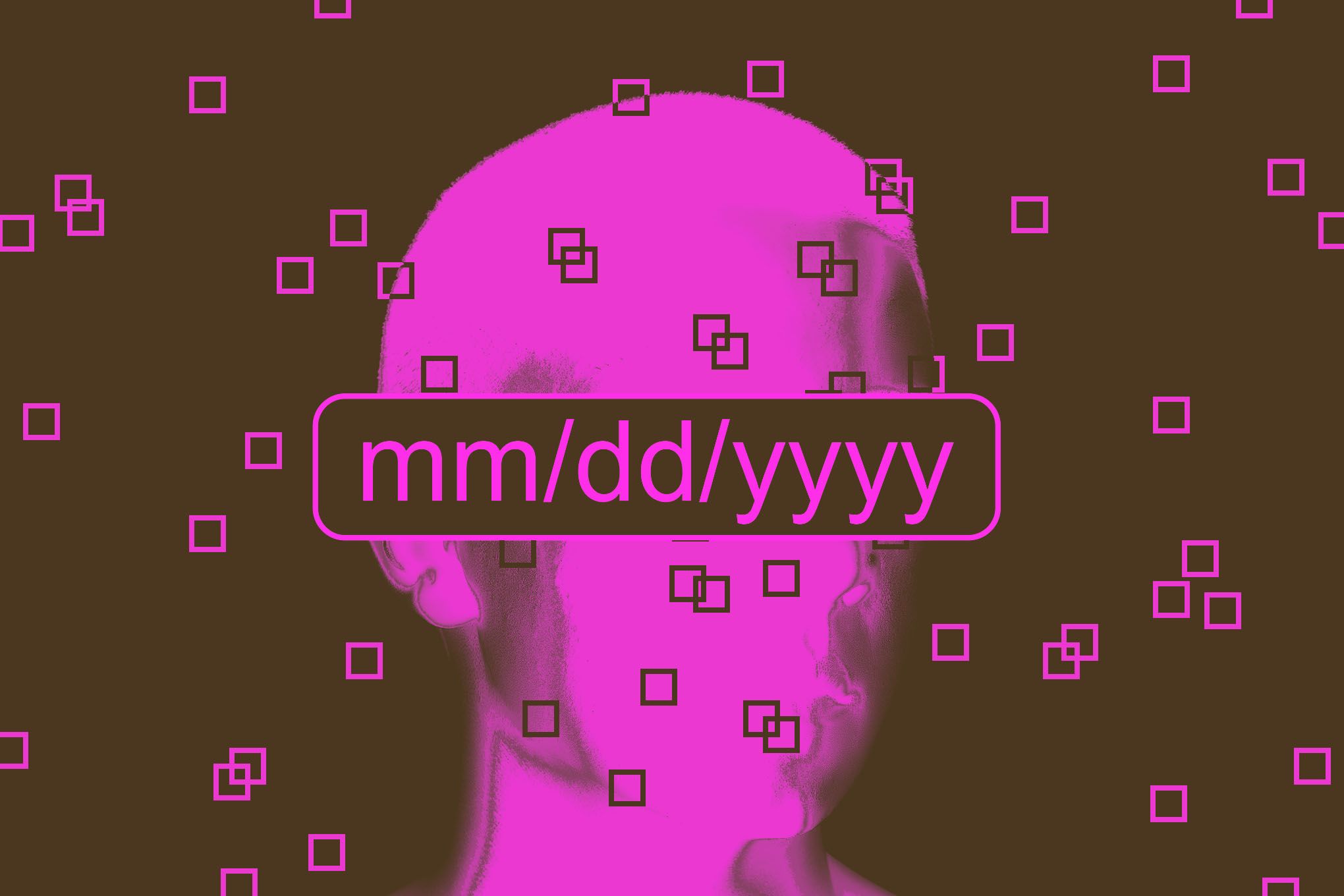Critics are calling Tuesday's Google antitrust remedies a complete failure. Judge Mehta's ruling requires Google to share search data but lets the tech giant keep Chrome and its lucrative default search deals. From DuckDuckGo to senators, opponents say the limited measures won't break Google's stranglehold on search and AI markets.
The long-awaited remedies in the Department of Justice's landmark antitrust case against Google have landed with a thud among the company's harshest critics. Judge Amit Mehta's Tuesday ruling requires the search giant to share some data with competitors but stops well short of the structural breakup many had demanded, preserving Google's control over Chrome and its billion-dollar default search agreements.
The backlash was immediate and fierce. DuckDuckGo CEO Gabriel Weinberg delivered perhaps the most pointed critique, stating his company "do not believe the remedies ordered by the court will force the changes necessary to adequately address Google's illegal behavior," according to his statement on X. "Google will still be allowed to continue to use its monopoly to hold back competitors, including in AI search."
Senator Amy Klobuchar echoed these concerns, calling the ruling "a reminder of Google's sweeping power" while arguing it demonstrates "why we need additional rules of the road for Big Tech." The Minnesota Democrat used the moment to push for her American Innovation and Choice Online Act, emphasizing how "Google's tactics endanger the future of a free and open internet."
The criticism centers on what many see as a fundamental mismatch between the scope of Google's monopoly power and the relatively modest remedies imposed. Last year, Judge Mehta found Google maintained illegal monopolies in search and search advertising markets, but Tuesday's ruling allows the company to maintain its core structural advantages.
"The Court found Google liable for maintaining one of the most consequential and damaging monopolies of the internet era, yet has bizarrely decided to leave its power almost fully intact," said Nidhi Hegde of the American Economic Liberties Project, calling the decision "pure judicial cowardice."
The AI angle has become particularly contentious. Multiple critics highlighted how the remedies fail to address Google's expanding dominance in artificial intelligence search capabilities. News Media Alliance CEO Danielle Coffey pointed to how "Google is forcing content creators to give away their content to be used in its AI offerings," creating what she called "a no-win scenario" for publishers.
Tech Oversight Project's Sacha Haworth went further, arguing Judge Mehta "was far more willing to let Google continue bending the internet and our economy to its will" rather than addressing how Google's "interlocking monopolies" position it to dominate AI search queries.



